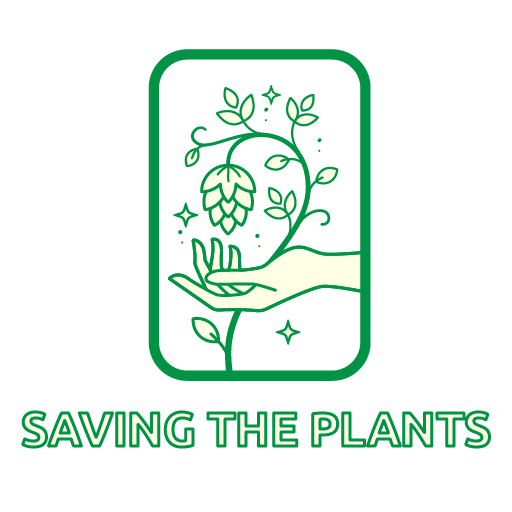America is changing. Cannabis tells the story of that change, from the perspective of a female cannabis farmer in California.
420 is a code that has been used by police officers to indicate the presence of cannabis. The word 420 came from the time in 1971 when, according to High Times Magazine, 4 people met at 4:20 pm.

If you’re looking for a real-time metaphor for our evolving country, cannabis is an excellent one. It is exemplified by no other problem, concept, industry, or person.
The Controlled Substances Act (CSA) — the legislation that started and never really ended the so-called “war on drugs” — has been in effect in the United States for 50 years. Cannabis is classified as a “Schedule 1” narcotic by the CSA, along with heroin, LSD, and Ecstasy. That it has no recognized medicinal purpose and a significant potential for misuse, according to the federal authorities.
It’s also been 25 years since California voters approved medicinal marijuana. Proposition 215, which was passed in 1996, set the groundwork for what is today a $61 billion retail sector. The San Francisco Buyers Club existed long before there were cannabis chain shops and multi-state operators. It was the country’s first dispensary, opening during the height of the AIDS epidemic and giving relief to many AIDS and cancer patients suffering from agonizing agony and horrible nausea as a result of early medicines. Since then, 36 states and the District of Columbia have legalized marijuana in some manner. Adult usage is allowed in nineteen of these states.
If the AIDS epidemic demonstrated cannabis’ undeniable medicinal value, the coronavirus pandemic established its validity.
State governments throughout the United States started closing businesses in March of last year in an effort to contain the spread of COVID-19. Governors in states with medicinal cannabis programs, both Democrats and Republicans, considered dispensaries necessary and maintained them open, much like pharmacies.
Although a few conservative commentators have expressed reservations, the majority of Americans support the plan. According to the Pew Research Center, the majority of people in the United States believe that cannabis should be legal for both medicinal and adult usage. Between 2000 and 2019, the percentage of Americans who believe marijuana should be legal more than doubled.
Let’s put a human face on this: John Boehner, the former House Speaker. Boehner was “unalterably opposed” to any kind of cannabis legalization throughout his quarter-century in Congress. He did, however, join the board of a cannabis business in 2018, three years after leaving Congress. Former HHS Secretary Kathleen Sebelius, former Massachusetts Governor William Weld, retired NATO General Wesley Clark, and former Los Angeles Mayor Antonio Villaraigosa are all connected to a cannabis company.
Colleges and colleges that formerly expelled students for marijuana usage are now teaching it. Medicinal Plant Chemistry (also known as “Cannabis Science”) is a degree offered by Northern Michigan University and Minot State University (ND). Three additional colleges offer a minor in Cannabis Studies, while the University of Maryland School of Pharmacy offers a Master’s degree in the subject. From Medgar Evers College to Vanderbilt Law School, schools are (pardon the pun) redefining “higher learning.”
But nowhere does cannabis have more promise — or the potential for change — than in the areas of social fairness, criminal justice, job creation, and economic growth.
Cannabis, which was formerly seen as a straight route to prison, particularly for people of color, should now be seen as a potential way to the middle class. Cannabis can be a dependable source of tax income to support social and public health initiatives, when it previously devastated communities and ruined families. Cannabis was formerly used to imprison people. It is now putting people to work.
According to New Frontier Data, the legalization of cannabis has already resulted in the creation of 340,000 new employment in the United States. New Frontier predicts that if cannabis became legal in all 50 states and the federal government, 1.46 million jobs would be created and $175.8 billion in tax income would be produced.
State and local social equality initiatives, decriminalization attempts and criminal record expungement, and the development of free and open local markets proceed at a snail’s pace while every other indication accelerates. The individuals who built the legal business (and were imprisoned for it) and the communities that were disproportionately (and adversely) affected by the “war on drugs” will have to suffer once again. People (mostly men of color) are incarcerated in overcrowded jails for doing what corporate cannabis is lauded for now. Due to racist local control laws, arbitrary license caps, and absurd “Not-in-My-Backyard”-ism, local and state budgets, which have been drained by COVID, lose out on tax income, job creation, and economic development possibilities.
Cannabis is a metaphor for how quickly America is evolving, but it’s also a warning about how far we still have to go and the obstacles we’ll encounter along the way.
America is changing. Cannabis has been a part of the country since its inception, and it tells a story about how this nation was founded on the backs of slaves. Reference: 420 meaning in india.
Related Tags
- what is 4/20
- 420 friendly
- 420 day 2021
- 4/20 hyde park
- april 20 events

